
Berdi
urinary Track Health
In the quest for healthier living, individuals often turn to various supplements to bridge nutritional gaps. One such supplement that has gained significant attention is biotin. Widely recognised for its role in promoting skin, hair, and nail health, biotin benefits extend beyond the realm of aesthetics.
In this comprehensive guide, we’ll delve into what biotin is, how it works, proven biotin benefits, sources, recommended dosage, and the role of biotin supplements.
Biotin, also known as vitamin H or B7, is a water-soluble B vitamin that plays a crucial role in various metabolic processes within the body. It is essential for the conversion of food into energy and the synthesis of fatty acids, promoting overall well-being.
Biotin acts as a coenzyme in the body, assisting enzymes in carrying out vital functions. It is particularly involved in the metabolism of carbohydrates, fats, and amino acids. Moreover, biotin supports the maintenance of healthy skin, hair, and nails by promoting the production of keratin, a protein crucial for their structure.
The following are the most common proven biotin benefits.
Biotin’s role in promoting hair health has been a subject of considerable research. One of the key mechanisms involves its contribution to keratin production, a structural protein crucial for hair. Studies suggest that biotin supplementation can lead to improvements in hair growth and reduced hair loss.
Research in The Journal of Clinical and Aesthetic Dermatology shows that people with hair loss concerns when given biotin supplements over a six-month period showed a significant increase in hair growth and a reduction in hair loss, providing empirical support for biotin’s positive impact on hair health.
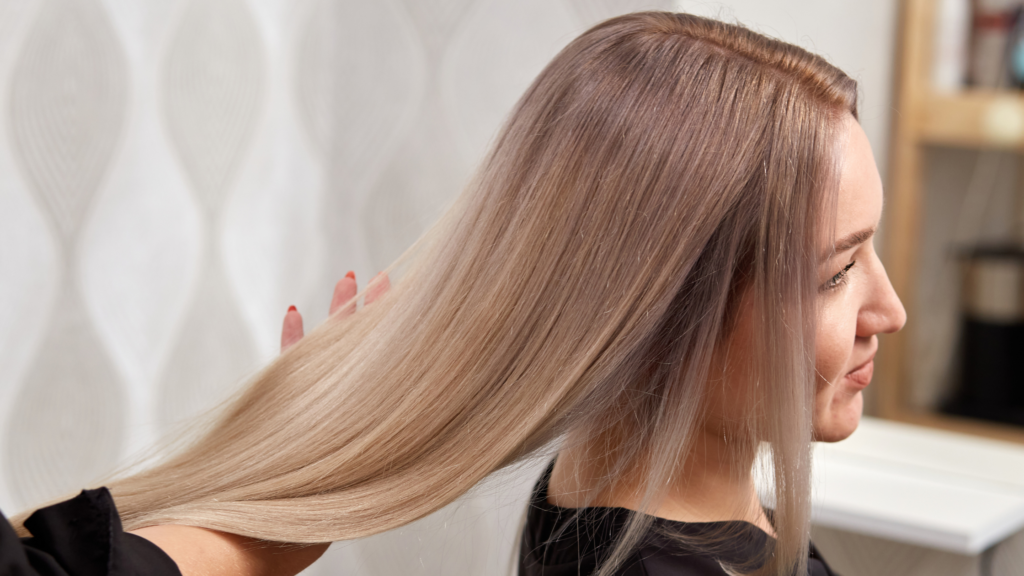
Biotin’s influence on skin health extends to its involvement in maintaining the structural integrity of the skin. The vitamin aids in the synthesis of fatty acids, which are essential for keeping the skin moisturized and nourished. Additionally, biotin may play a role in alleviating certain skin conditions.
Journal of Clinical & Experimental Dermatology Research published an evaluation highlighting the impact of biotin on skin health. The author discussed how biotin’s involvement in fatty acid synthesis contributes to reducing skin wrinkles. Biotin also retains the skin barrier, this not only supports the skin’s ability to retain moisture but also aids in protecting against external irritants.
While more research is needed to fully understand the extent of biotin’s impact on various skin conditions, there is a growing body of evidence suggesting its positive influence on overall skin health.

Biotin’s association with nail health is well-established, particularly in addressing issues such as brittleness and fragility. The structural protein keratin, also present in nails, benefits from the support of biotin, leading to thicker and harder nails.
A study by Colombo et al. investigated the effects of biotin supplementation on nail thickness and hardness. Participants experiencing brittle nails were administered biotin supplements, resulting in a significant improvement in both thickness and hardness. This study underscores the potential of biotin in promoting overall nail strength.
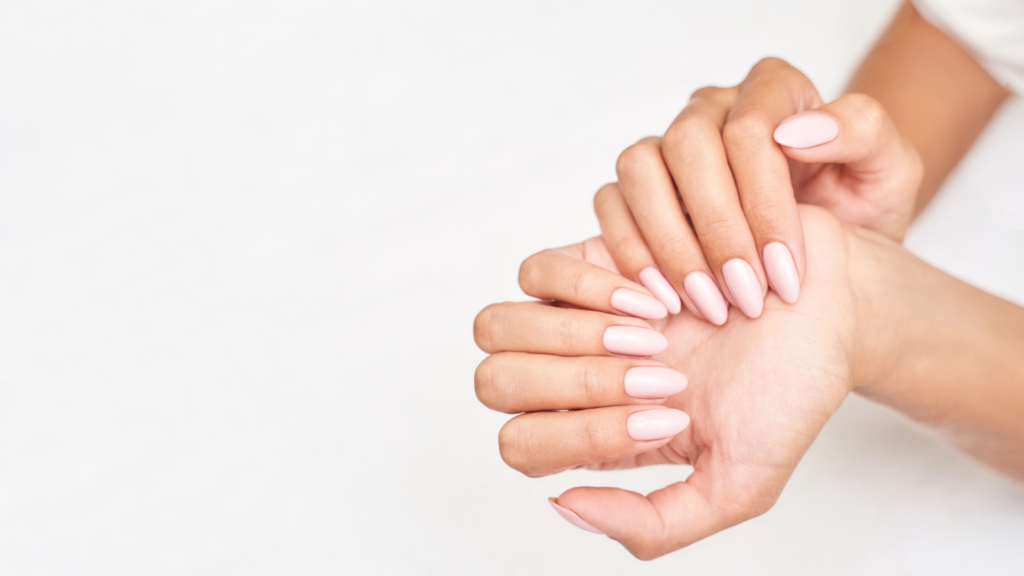
Biotin benefits extend beyond aesthetic only, biotin plays a crucial role in supporting metabolic processes within the body. As a coenzyme, biotin assists enzymes in the breakdown of macronutrients—carbohydrates, fats, and proteins—into usable energy.
Biotin is particularly involved in the metabolism of carbohydrates, facilitating the conversion of glucose into energy. This metabolic support is vital for overall energy production in the body. Additionally, biotin contributes to the synthesis of fatty acids, which are essential for various cellular functions, including maintaining cell membrane integrity.
Biotin is naturally present in various foods, and a balanced diet can provide sufficient amounts. Rich sources include:
However, if dietary intake is insufficient, biotin supplements can be considered.
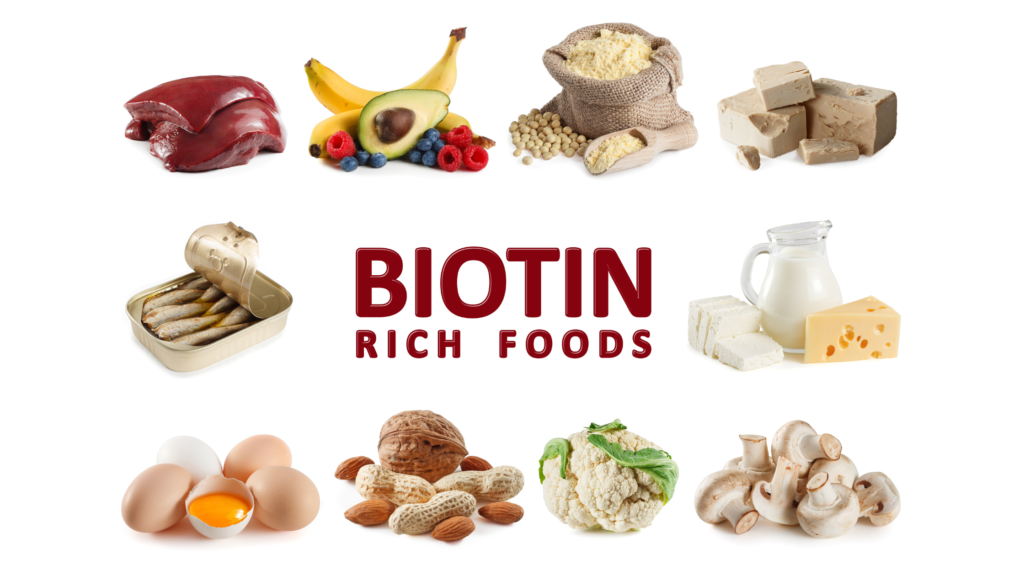
The recommended daily intake of biotin varies, but most adults can benefit from a daily dose of 30-100 micrograms. Higher doses may be recommended for specific health conditions or as advised by a healthcare professional.
Biotin supplements are widely available and can be a convenient option for those who struggle to meet their biotin needs through diet alone. It’s important to choose reputable brands like Route2Health and follow recommended dosage guidelines.
Route2Health’s Biotin supplement contains 2500mcg of biotin that promises to improve energy metabolism and improve hair, skin and nail health.
In conclusion, biotin benefits extend beyond the cosmetic realm, encompassing overall health and well-being. While natural food sources are ideal, supplements can provide a convenient solution. As with any supplement, it’s crucial to consult with a healthcare professional to determine individual needs and ensure proper dosage.
Yes, studies suggest that biotin supplementation can contribute to enhanced hair growth and reduced hair loss.
Biotin is found in foods like eggs, nuts, seeds, meat (especially liver), and dairy products.
The recommended daily intake is 30-100 micrograms, but individual needs may vary. If you are using a biotin supplement, dosages up to 2500 mcg are safe to use.
Biotin supplements are generally safe when taken as directed. However, excessive intake may lead to potential side effects.
Yes, biotin has been associated with increased nail thickness and hardness, promoting overall nail health.
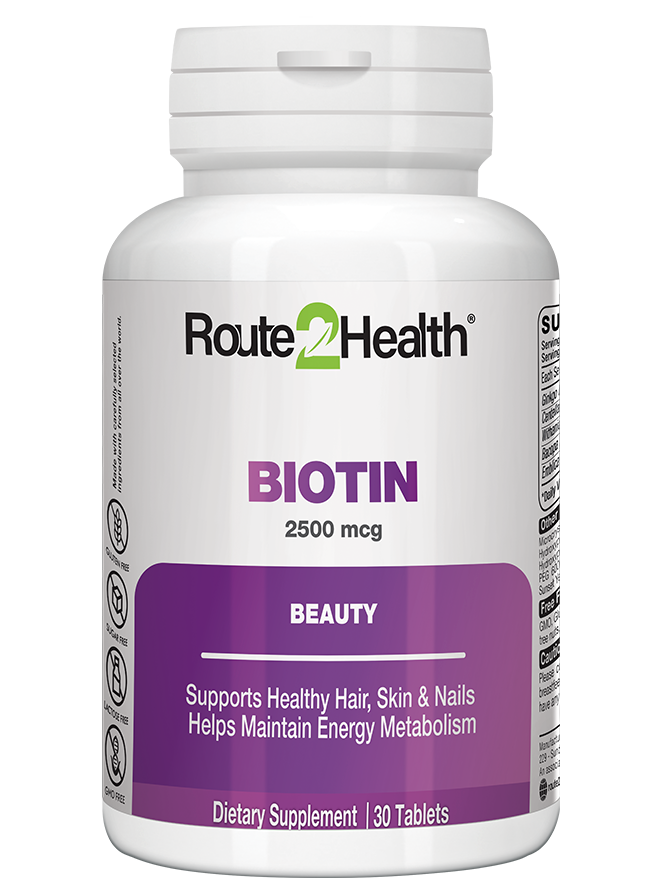

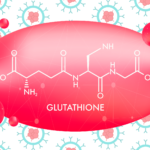





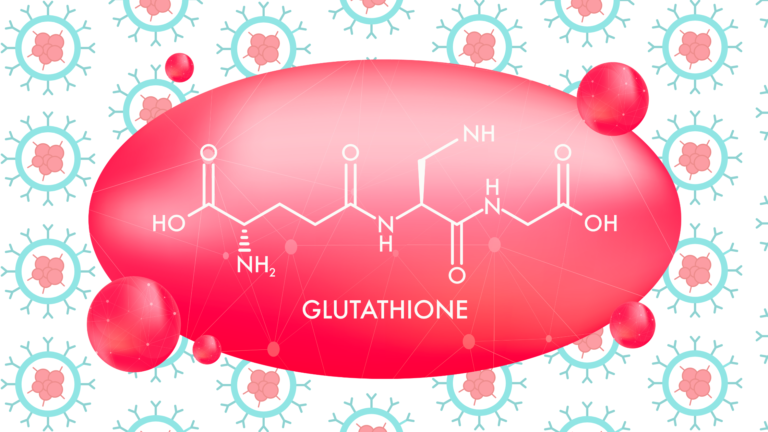
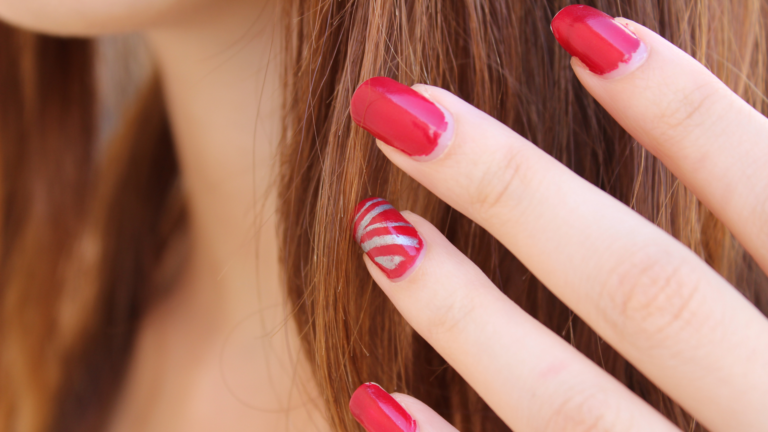

©2023 Route2Health®️
NTN: 2229383
AN ASSOCIATED COMPANY OF HIGHNOON LABORATORIES
STRN: 0301999937728

WhatsApp us
